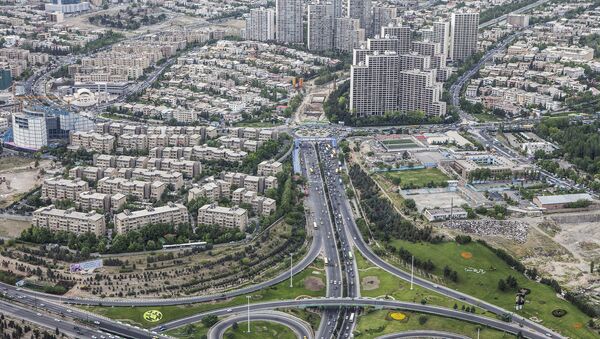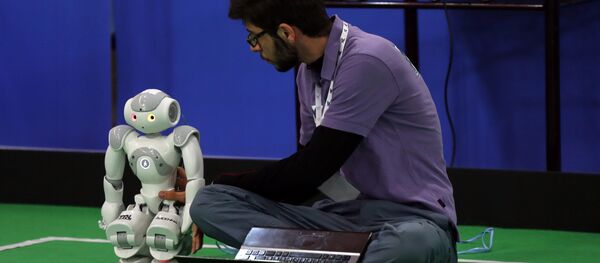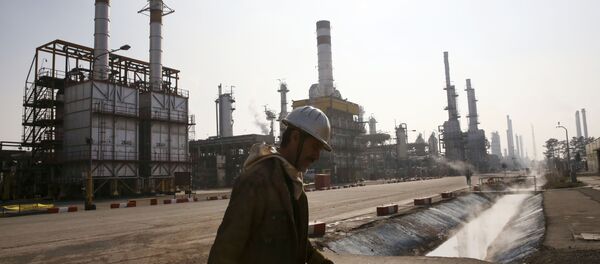On July 14, Iran and the P5+1 group, consisting of Russia, the United States, the United Kingdom, France, China, and Germany, signed a historic deal to guarantee the peaceful nature of Tehran’s nuclear activities in exchange for sanctions relief.
Many Western experts then hoped that with the sanctions gone, foreign investments would start pouring into the country and breathe new life into the embargo-stricken Iranian economy.
Many of them also expected that, led by reformers, an economically resurgent Iran would start mending fences with the West, stop looking for closer ties with Russia and would even take an openly anti-Russian stand on the international scene.
A year on, and none of these expectations seems to have come true.
Even though the lifting of the hard-hitting sanctions enabled Tehran to ramp up its oil exports and encouraged foreign investment, the government has still failed to build a solid basis for economic development as GDP growth hinges on positive expectations and remains extremely volatile.
Moreover, state coffers remain empty due to the drop in oil prices and foreign investors are in no hurry to financially commit themselves, preferring instead to discuss future projects.
The situation is compounded by rising unemployment, which has spiked to 11.7 percent from 10.6 percent in 2014.
Because some of the sanctions remain in place, the country is still unable to borrow money abroad.
The sanctions have laid bare fundamental structural problems existing in Iran since the 1979 revolution: rigid state control over the economy, a weak private sector, corruption, cronyism, religious constraints and bloated social spending.
However, a shared view on the situation in Syria and the need to fight Daesh opens the door to closer cooperation with Russia, which offers Tehran lucrative contracts in the fields of military-technical cooperation and also in oil, gas and nuclear energy.
Many experts believe that the coming year will see continued attempts by Tehran to lift the remaining sanctions and attract foreign investment.
However, with the next American President likely to take a tougher stand on Iran, chances of any radical political and economic changes happening in the Islamic Republic any time soon remain slim, Lenta.ru wrote.




